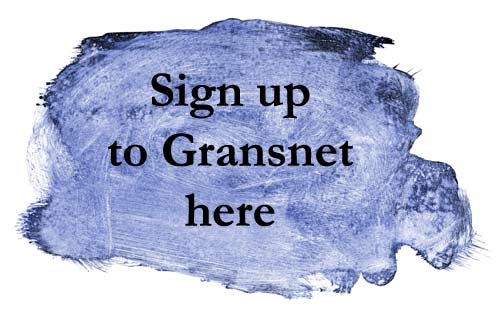Do you live abroad and long for home ?

Funeral plans - 4 important things to consider

Arranging a funeral is something we all hope we won’t have to do. There are so many decisions to make and many of them will feel unimportant at a time when you’re struggling to cope with a bereavement.
Talking to relatives and friends in advance about how they would want their funeral to be can help you all. They will feel in control of what happens after their death, and you will have certainty about what their wishes really are. You may already know some of their preferences – burial or cremation, religious or non-religious, what music they’d want – but it’s easy to overlook something. Here are a few things you may not have considered, from Independent Age, the older people’s charity.
Get more essential advice delivered straight to your inbox...
1. Setting a budget
The average cost of a funeral is £4,078. It can feel heartless to discuss practical matters when talking about the death of someone close. However, it’s easy for the costs of a funeral to spiral, leaving families with large bills. This can be extremely distressing. If you’ve agreed something with your relative before their death, it might feel impossible to change it later. To avoid this, start by setting a budget. Then you can talk together about their priorities and what you can afford. The Money Advice Service and the Natural Death Centre have tips on keeping the costs of a funeral down.
2. Knowing your options
There’s more to this than just choosing burial or cremation. For instance, do they want to consider environmentally-friendly options, like woodland burials? If you’re arranging a secular funeral, Humanists UK can provide advice.
Direct burials and direct cremations are also growing in popularity, although they still aren’t offered by many funeral directors. With these options, the body is collected and buried or cremated by the funeral director at a time that suits them. There is no ceremony, viewing, hearse, or procession to the funeral. This won’t be for everyone, but it gives you the option of holding a memorial service separately at a later date, which might suit you better. Direct burials and cremations are also considerably cheaper than traditional funerals.
3. Choosing a funeral director
Funeral directors vary in the services they provide and how much they cost. It’s worth speaking to a number of funeral directors and getting quotes before making your choice. Go prepared with a list of what you want at the funeral, to avoid being pressured into agreeing to services you don’t want. Choose a funeral director who is a member of one of the following professional associations, which have codes of practice: National Association of Funeral Directors, National Federation of Funeral Directors or National Society of Allied and Independent Funeral Directors.
…or not
You don’t have to use a funeral director. Some people find it makes the experience less stressful to have someone to help them arrange the funeral, but arranging it yourself will give you more control and be cheaper. You can get advice on this from your council’s cemeteries and crematoriums department, or from the Natural Death Centre.
Join over 200,000 users on Gransnet today...
4. Making your funeral plans personal
Remember, you don’t have to include all the traditional elements of a funeral service if your relative doesn’t want them. If they don’t particularly want flowers, ask people not to bring them. You could ask people to make charitable donations instead, or to bring a different type of decoration that’s more fitting. If you feel you’d be uncomfortable arriving at the funeral in a limousine behind the hearse, arrange your own transport.
Whatever you decide, you are in control. Speak to your relative about how they would like their funeral to be, and don’t be afraid to ask questions of a funeral director to make sure they’re able to provide this. For more information, read Independent Age’s factsheet What to do after a death or download their funeral planner to get started.
Independent Age wants to get us all talking about death. Find out more here: independentage.org/TalkAboutDeath.
Images: Shutterstock


